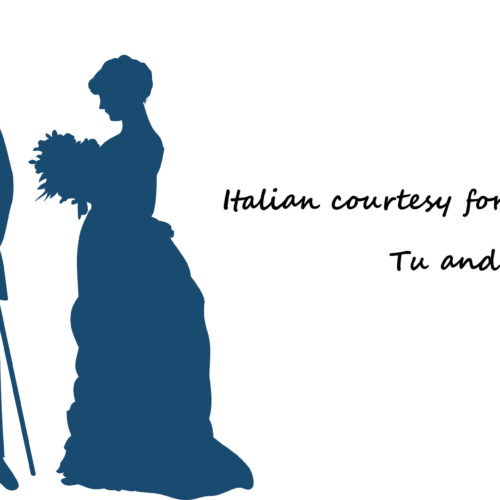Both “ci” and “ne” are pronouns which means that they take the place of nouns.
“Ci” is often used in order to say “there”. It often replaces phrases with the word “a” in them.
Vado alla scuola = I go to the school.
BUT
Ci vado = I go there. Ci replaces “a” and “la scuola” (they are now gone)
Vai in Italia = you go to Italy.
BUT
Ci vai = you go there.
__________________________________________________ ________
Ne is used with quantities or how many of something you have. Many times it can mean “of them”
Ho due computer = I have two computers.
BUT
Ne ho due = I have two of them. Ne replaces “computers” (which are now gone)
Abbiamo 3 case = we have 3 houses.
BUT
Ne abbiamo 3 = we have three of them.
Note that the words “ci” and “ne” must go BEFORE the conjugated verb. You could never say something like “abbiamo ne!!! (Ouch that is so wrong that it hurts my ears!) BUT…if there is one conjugated verb (such as I want) and one infinitive (such as to go) in the same sentence, you must attach ci or ne to the infinitive. For example:
Let’s try the sentence “I want to go there”.
I want = voglio (that is the conjugated verb) to go = andare (that’s the infinitive) there = Voglio andarci
How about this one: She needs to buy two of them.
she needs = Ha bisogno di (conjugated) to buy = comprare (infinitive) two of them. = ha bisogno di comprarne due.
Let’s try some more examples:
Quanti corsi segui questo semestre? = How many course are you taking this semester?
–Ne seguo quattro. = I take four of them (we use ne because there is a number or quantity of courses
Quanti fratelli hai? = How many brothers do you have?
Ne ho uno. = I have one of them, same thing here… a number or quantity of brothers
Quanti compagni di stanza hai? = How many roomates do you have?
–Ne ho quattro. = I have four of them, same thing as previous two: a quantity of roommates
Sei stato in Europa? = Have you ever been to Europe?
-No, non ci sono mai stato. in this sentence we are using “ci” to mean “there” “I have never been there”. Note that “Ci” is placed before the conjugated verb sono (from the verb essere).
Quanti regali pensi di dare? = How many gifts do you intend do give? Quanti regali pensi di fare?
Penso di farne molti = I intend to make many of them; notice that here ne is attached to the infinitive fare because there is one conjugated verb (penso) and one infinitive fare
Quanti libri hai comprato questo semestre? = How many books did you buy this semester?
–Ne ho comprati tre o quattro. = I bought three or four of them
Quest’estate sei andato al mare? = Did you go to the beach this summer?
-Si, sono andato al mare. Or: Si, ci sono andato (in questa frase non puoi scrivere “ci sono andato al mare”; “ci” e “mare” sono una ripetizione e una dovrebbe escludere l’altra).. non è un errore.
Article by Giacomo DePasquale

























Ne ho comprati 3 o 4, as the past participle refers to the object (ne), which we assume is plural, as the complement of quantity states they are “3 o 4”. I hope that helps!
Buon fine settimana!
“Ne ho comprati tre o quattro”?
non “ne ho comprato tre o quattro”?
Thank you Hengist, I fixed that.
No such word as ofen times – use often, also mnay = many !!
Thank you. It is very clear.